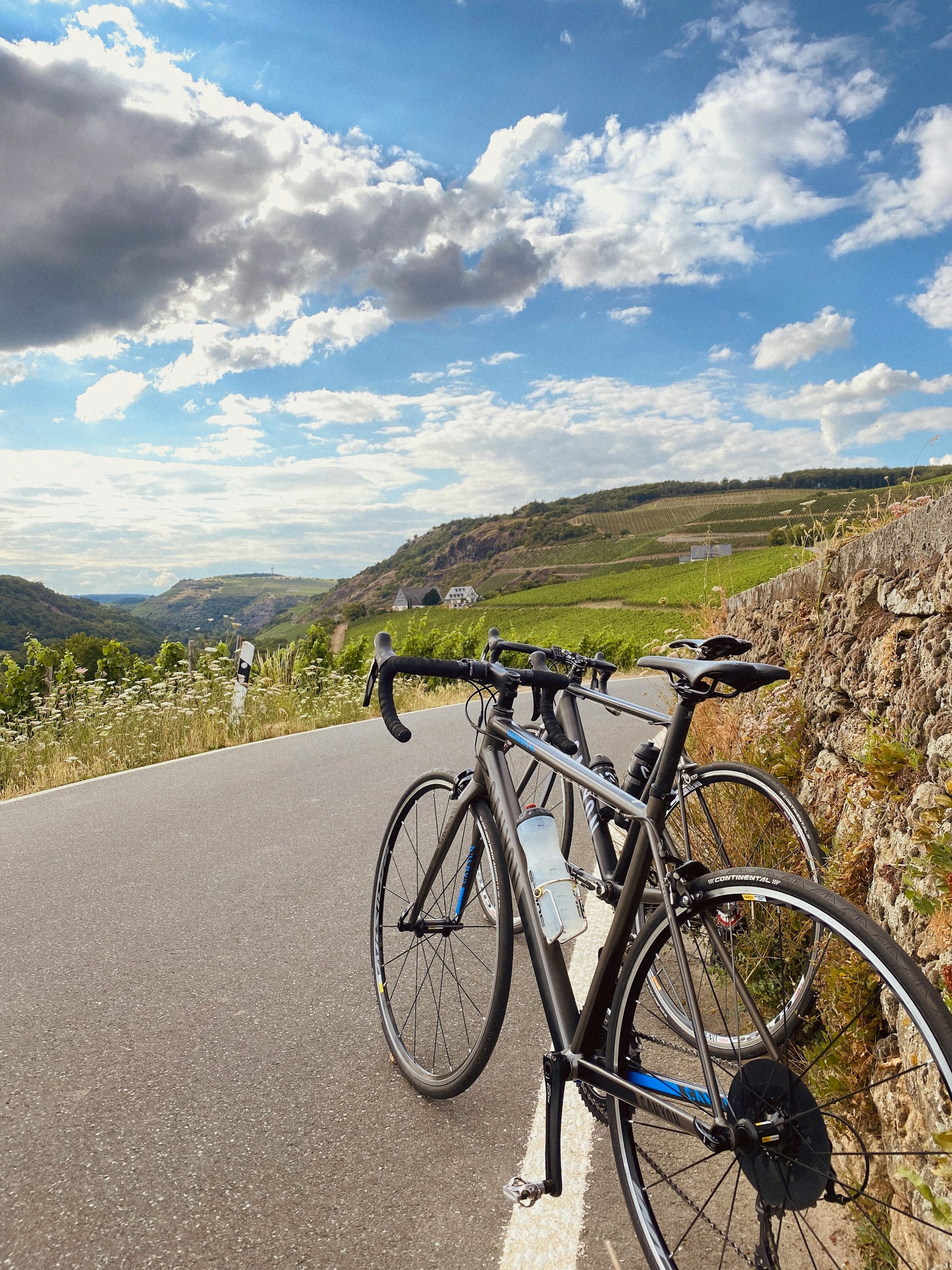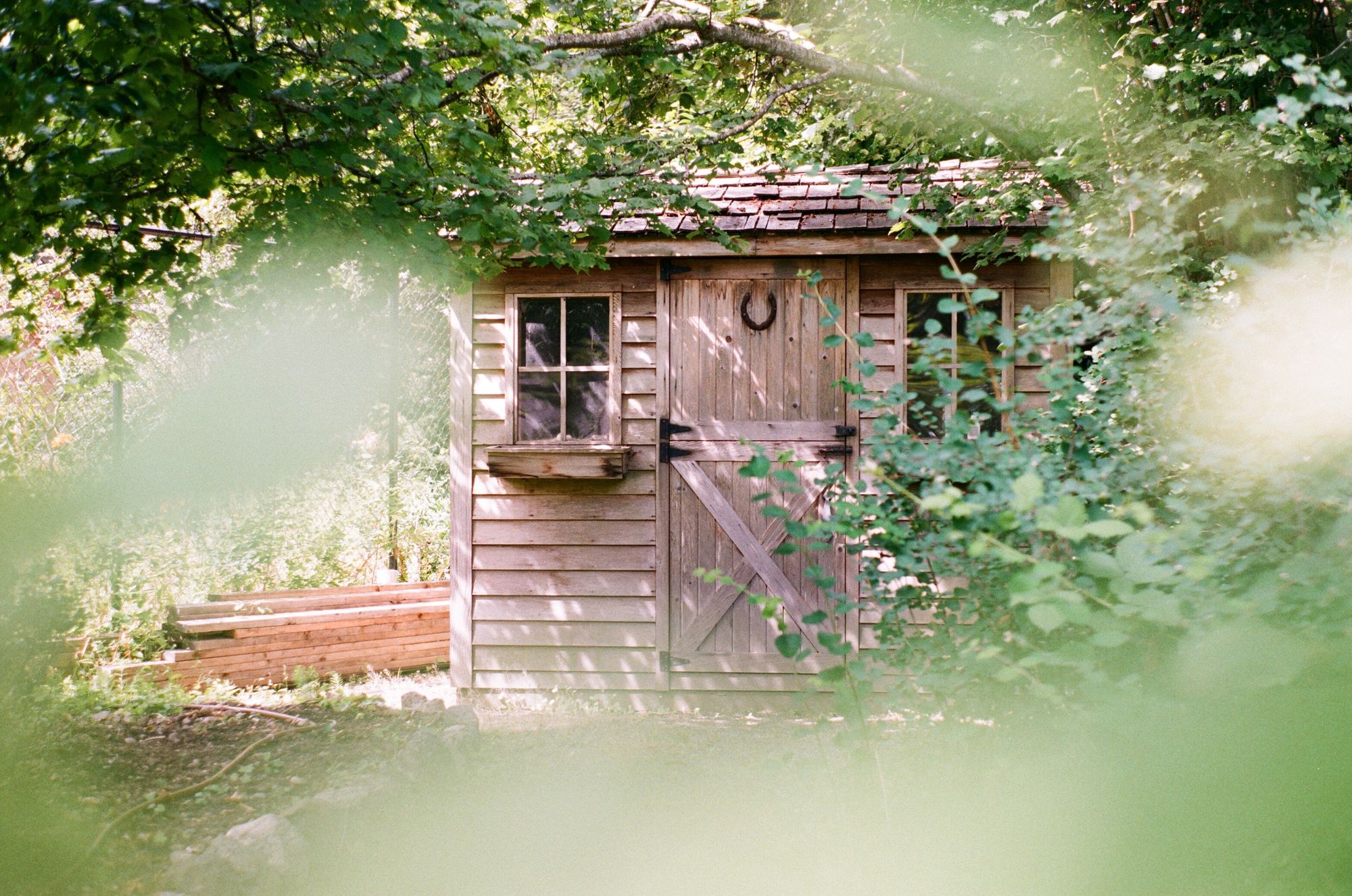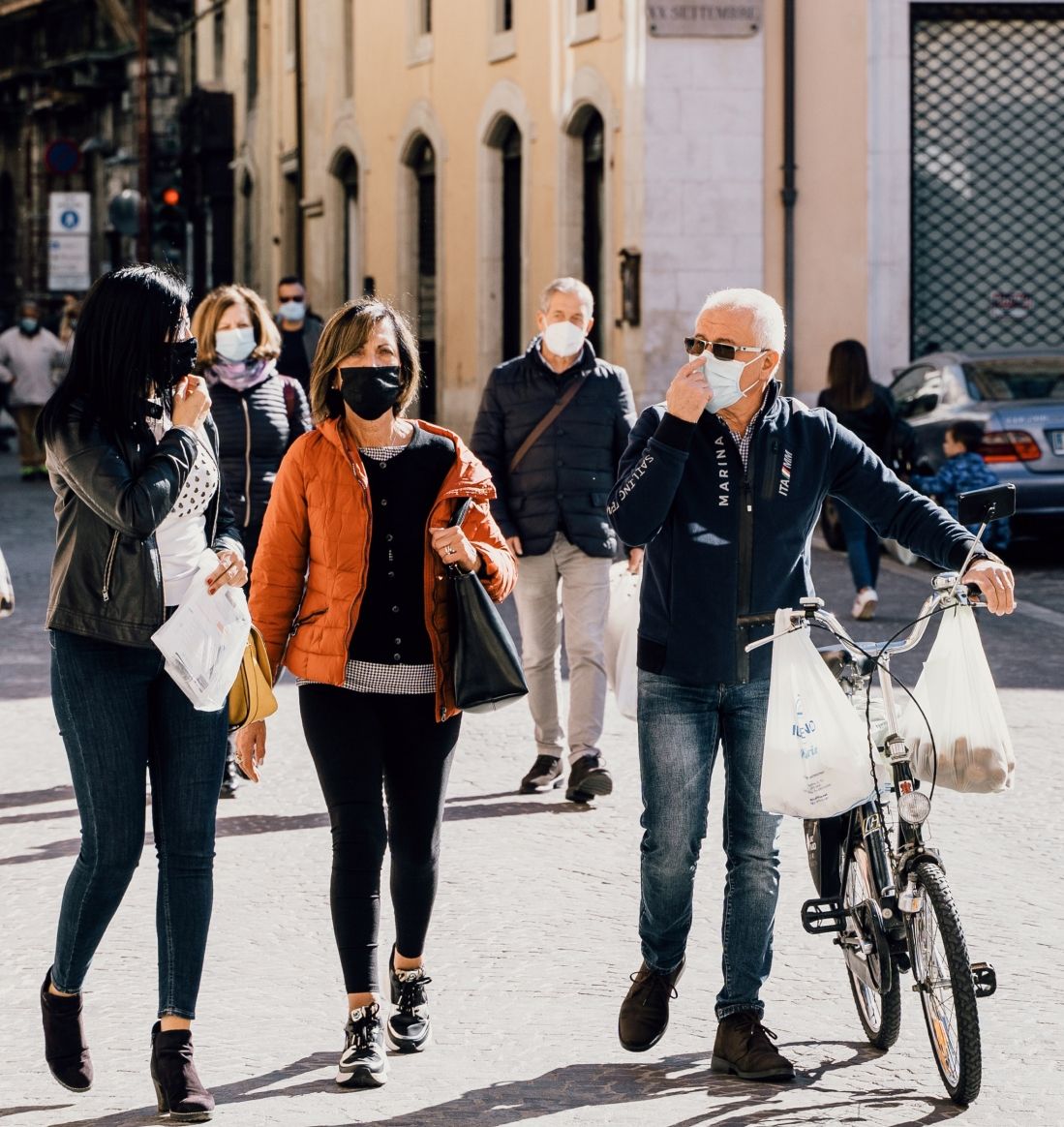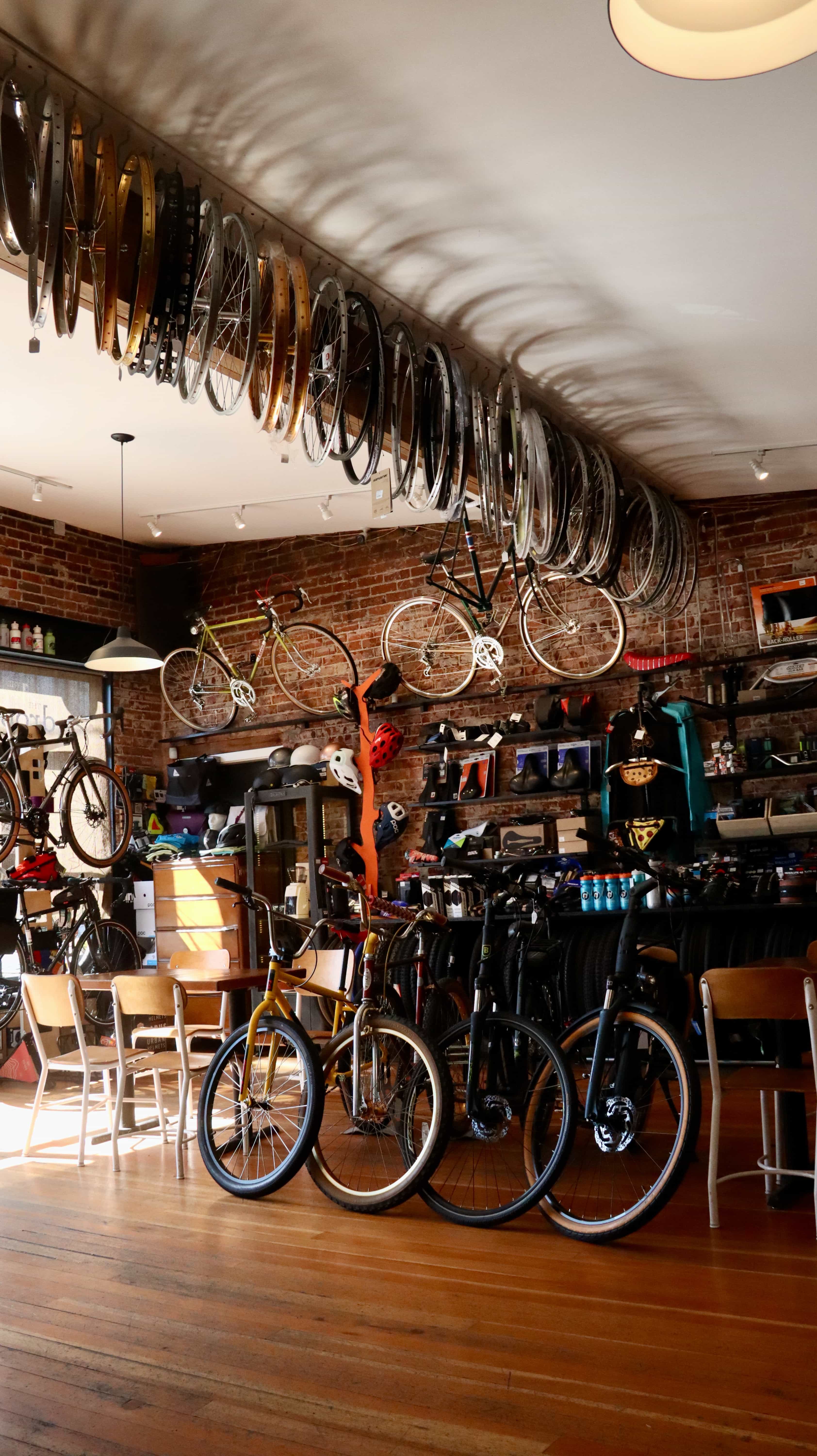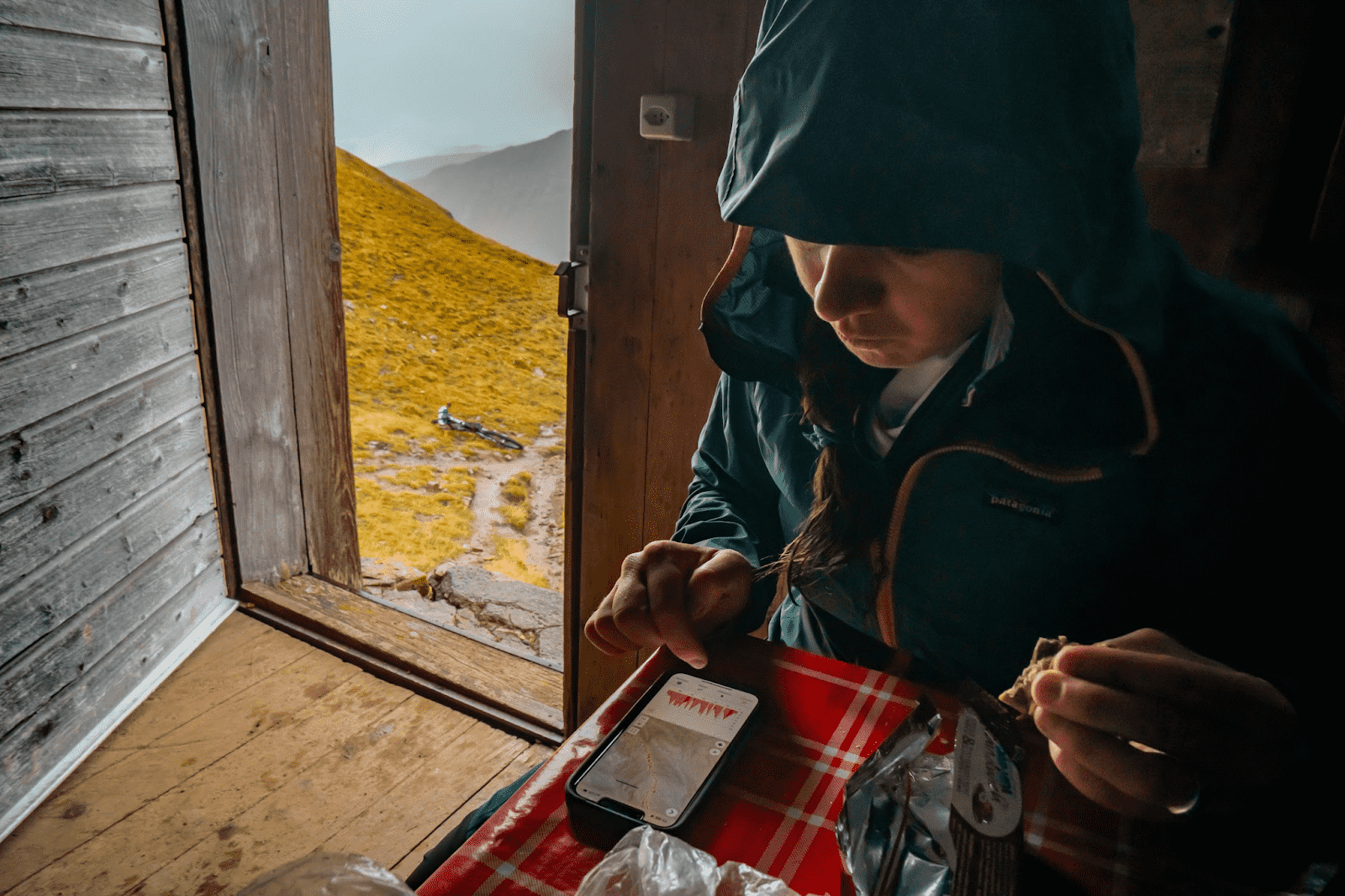We’re bike nerds. But sometimes we forget all of the cycling mag & workshop knowledge we’ve built up over the years. So when we start the shifter spiel or the presta valve patter it can all get a bit confusing. So we've put everything in one place in our cycling glossary:
Bike Glossary A to Z
A
Aero / Aerodynamic
Cycling kit that minimises aerodynamic drag. Making the rider more streamlined and faster.
Attack
An effort to escape a group of cyclists and ride away. Eg. they attacked on the hill.
B
Bead
The edge of your tyre - where the rubber meets the rim. Tyres can come with either 'wired beads' which mean the tyre is rigid and cannot bend or a 'folding' bead.
Berm
A banked corner. Either on a MTB trail or a BMX track. Berms allow you to keep your speed when turning off-road.
Bike lock
A bike lock is a special lock for securing your bike. They can come in different shapes and sizes but the strongest are usually D shaped.
Bike packing
Bike packing is going on a trip that's purely pedal-powered. If you go bike packing you'll pack all the kit you need for your trip onto your bike using bike bags and panniers. Bike packers can travel thousands of miles without home comforts.
Bottom bracket
The bottom bracket is where the cranks meet the frame, allowing them to rotate. It’s usually found in the bottom centre of the bike frame.
BMX
Originally used as a way to get young people interested in motocross, BMX has become its own competitive sporting event. BMX bicycles are highly specialized, compact, and designed around 20-inch wheels. They're used for riding off-road or doing tricks.
Brakes
These are used for stopping. You will probably have a front and a rear brake, which could be a rim, brake, mechanical disc brake, hydraulic disc brake or pedal back brake.
C
Cadence
The act of turning the pedals. Cadence can also be measured in revolutions per minute. Having a smooth cadence means you can pedal the bicycle smoothly.
Cassette
A cassette is the largest range of gears on your bike. It’s found attached to the back wheel and will have lots of sprockets close together.
Chain lube
Squeaky chain? Simply apply some chain lube to your chain to keep it running smoothly.
Chainring
Your chainring is a disc with teeth, which allows your chain to grip your cranks and pedals. It acts as the main driver of your chain.
Cranks
Your cranks are where your pedals attach to your chainring. They give you leverage when you pedal so that your bike can move. Woop!
D
Derailleur
This allows you to change gear. It’s tensioned with cables that move up and down depending on whether you want to pedal harder or easier. Your derailleur can get oily and dirty so it pays to keep it clean.
Drafting
To ride behind another cyclist and benefit from their 'draft'. Drafting means you can ride at the same speed as the rider in front but with less efford.
Drops
A road bike traditionally comes with dropped handlebars. The 'drops' are the lower section that allows the rider to get lower on the bicycle.
Drivetrain
This is what cyclists call the moving parts of your gear system. If someone says drivetrain then they’re talking about cogs, chains, derailleurs, chainrings and chainsets.
E
Echelon
Often occurring in racing where a group of cyclists spread across the road because of a crosswind. The draft is therefore next to the rider in front rather than behind.
F
Feed zone
An area of a race where riders are allowed to eat or drink. They can also be known as 'tech zones' which also focus on mechanical fixes.
Fixed gear / Fixie
A single-speed setup with one chainring and one rear cog. As long as the back wheel is turning, the chain and crank turn too. You cannot coast.
Fork
The part of a bicycle where the front wheel sits. A fork is a steering mechanism for bicycles. It consists of a steerer tube, a crown (the top part of the fork), fork tubes (leg parts), and dropouts (where the forks attach to the frame).
Frame
The main component of your bike that everything else is attached to. Usually aluminium, but can also be made of carbon, steel or titanium.
G
Gears
More generally this is everything involved when using your gears to pedal faster or slower. It includes everything in your drivetrain as well as cables and gear shifters.
General Classification / GC
The overall standings in stage races. For races which occur over more than one day, the General Classification will detail who is in the lead.
Granny Gear
The lowest gear on a bicycle which is the smallest chain ring in the front and the biggest cog in the rear. A granny gear can get you up the steepest of climbs.
H
Headset
At the top and the end of the frame's steerer tube, where the handlebars and stem fit.
I
Inner-tube
A round, inflatable tube that goes between your wheel and tyre. If you ride over a thorn and your tyre goes flat, it’s likely because of a pierced inner tube.
J
Jockey wheels
Your jockey wheels sit in your rear derailleur. They guide your chain through rear derailleur and help keep the chain line smooth.
K
King / Queen of the Mountain
Before Strava came along this was purely the award in a race for the quickest rider up a climb. In the Tour de France this award is famously recognised by a polka dot jersey. Now everyone can snatch K/QOMs through cycling platform Strava, which measures your time through a certain section of road - be it mountain, hill, or between traffic lights!
L
LBS
Cycling slang for your local bike shop. The saviours of so many cycling mishaps.
M
Mechanical
This means any equipment malfunction of your bike. Flat tyre = mechanical. Broken gears = you guessed it… mechanical.
P
Presta & Schrader
These are the types of valves of bicycle inner tubes. They come in two forms, with Presta being slightly slimmer than Schrader. Most pumps will be able to fit both by flicking a lever.
Puncture
A puncture is a flat bicycle tire. It can be the spoiler of many bike rides.
Q
Quick-release
A removable axel that secures your wheels. A quick release also means you can manually change the saddle height or remove your bicycle's wheels without using any tools.
S
Saddle
Where you sit on your bicycle. They look really uncomfortable but it's surprisingly spongey!
Shifting
This is the action of changing gear on your bicycle.
Sold-secure Gold Lock
This is the industry standard of lock protection.
Some common bike questions
Why do I need to know the parts on my bike?
Have you ever had a breakdown and can’t figure out what’s wrong with your bike? Being able to describe the parts of your bike can help get your bike fixed by a mechanic or even explain to Laka what parts are broken on your bike when making a claim.
How do I know what brand and model my bike is?
Most bikes will display the bike brand on the frame of the bicycle, with some bikes also displaying the model. Inspecting the frame will give you information about what make and model your bike is. You can always send a picture to Laka’s bike gurus who can assist you with identifying your bike. Here’s how to contact them.
What and where is my bicycle’s serial number?
Your serial number is a unique number assigned to your bicycle. It’s the go-to identifier if your bike was to get stolen.
The serial number is an engraved number usually located underneath the bottom bracket. You can find this by turning your bike upside down or looking underneath the crankset.
How much is my bicycle worth?
You can find out how much your bike is worth by doing an internet search for your bicycle and checking the RRP. If your bike is discontinued, then you should insure your bike for the modern-day equivalent. For example a 2017 bicycle bought for £750 might now cost £800 for the 2020 model.
Our bike gurus are always on hand should you need help in checking the value of your bicycle.
Where should I store my bicycle at home?
You should store your bicycle in a private, locked location where the access is controlled solely by you. This could be your garden shed, house or bedroom. We always recommend securing your bike whenever possible and have crafted some good advice in How to Keep Your Bike Safe at Home.
Do I need to lock my bicycle?
Locking your bike up is the best way to protect it from theft. Whenever you leave your bike unattended when out and about, or in a communal storage location, you’ll need to secure your bike to an immovable object using a Sold Secure Gold-Rated lock. Otherwise you won’t be covered for theft with Laka.
How do bicycle gears work?
Your bicycle gears allow you to adjust the resistance of your cranks and pedals. Meaning you can go uphill and downhill whilst pedalling smoothly (as opposed to spinning a gear too much or grinding it too hard). Your gears will only shift if you are pedalling. If you want to go slower, shift down a gear to make pedalling easier. If you want to go faster, shift up a gear to make pedalling harder. The best way to learn to use your gears is by practice. For some more tips check out Laka’s guide to learning how to use the gears on your bike.
How do bicycle brakes work?
The brakes on your bicycle are vital as they allow you to stop quickly and efficiently. It’s a legal requirement to have two working brakes on a bicycle in the UK. The brake levers are found on the handlebars and the best way to use them is by gently pressing both until you come to a stop.
Do I need to wear a helmet when cycling?
No, you don’t need to wear a helmet whilst cycling. Wearing a bicycle helmet whilst cycling isn’t enforced by law, so it’s down to personal choice whether you choose to wear one.
Do I need lights on my bicycle?
You need to have lights on your bicycle if you are planning to ride after dark. The lights have to be in working condition, with the rear light being red and the front light being clear.
Should I cycle on the road or pavement?
You should always cycle on the road rather than the pavement. It’s always better to use bike lanes when possible as they will keep you away from traffic and in the safest road position. Sometimes bike lanes will take you onto the pavement, through parks and even on canals. For a simple interpretation of the highway code for cyclists check out our guide.
Should I clean my bicycle?
Cleaning your bicycle will help to keep it in good working condition. Keeping it clean will remove any debris picked up from the road that can wear out your bicycle parts. Focus on cleaning your drive chain, as well as any wearable components like brakes and tyres. Through the summer months you’ll find your bike stays cleaner than through the winter, meaning you can get away with cleaning it less.
What should I do if I get a flat tire or my bike stops working?
Having the skills to fix your bike can really help if you were to get a mechanical out on the road. It can be really rewarding and also save you from having to go to a bike shop. There are some good tutorials on YouTube where you can get a feel for the basics, like fixing a flat tire.
If you can’t fix your bike then you want to get home or to your destination with minimum fuss. That’s why with Laka there is an optional £200 of Emergency Travel Expenses so that you can hop in a taxi or jump on a train when you’re stranded.
Once you get home you can assess the damage. Contact your nearest bike shop who will be able to help. If your bike is damaged then you can also contact our bike gurus who, if you're a Laka customer, will be able to help you submit a claim.
What is the Laka Collective?
The Laka Collective is your fellow team of cyclists. They’re a group of avid cyclists, connected by a common interest, their bikes. We only onboard customers who we believe will play fair and take good care. We don't lump your bike(s) together with iPads, watches, and washing machines, like a traditional home insurance policy.
It's just you and your bike, covered by them and theirs. Simple. The collective is both broad and inclusive. No matter who you are or where you come from, if you love cycling, you can join the collective!
Do you have specialist bicycle insurance?
Get award-winning insurance cover for your bike. Covering theft, accidental damage, loss, & more. So you can ride free knowing Laka has your back.

